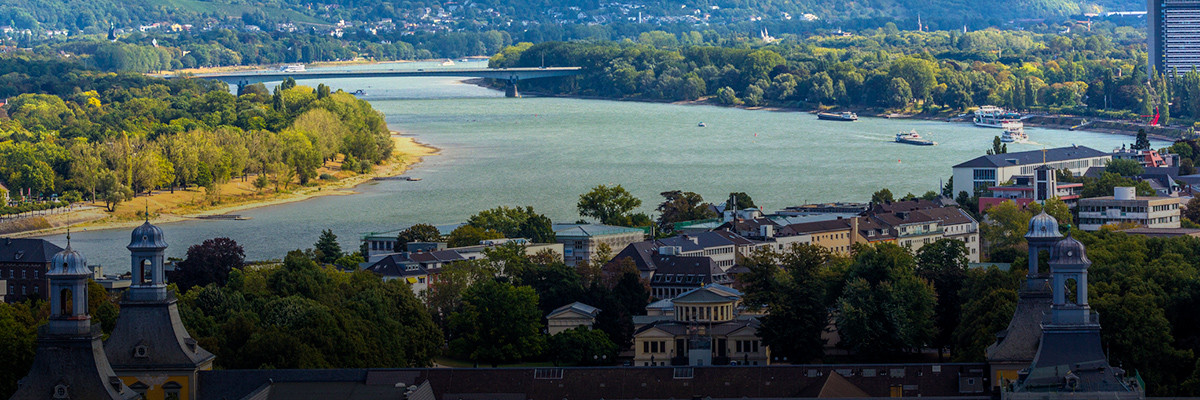
Authors
-
David Wei
Former Managing Director, Climate and Nature, BSR
What if there was a UN Climate Conference where actors reducing greenhouse gas emissions and building climate resilience took center stage, leaving government negotiators to the periphery?
At an “inside-out COP” like this—as described by renowned climate scientist Saleemul Huq at the Development and Climate Days event during the middle weekend of COP23—more attention would flow to those delivering results on the ground, not those skillfully weaving compromises with words.
COP23 showed that the inside-out COP is less and less a fantasy. It was physically divided between the Bonn zone, which featured on-the-ground action, and the Bula zone, where governments continued technical negotiations under the Paris Agreement. That the Bonn zone had brighter energy than the Bula zone may continue in COPs to come. And a focus on results is ever more important with global emissions set to increase for the first time this year, after plateauing for three years of economic expansion.
This is not because the UNFCCC negotiations derailed. To the contrary, countries agreed on the design of the Talanoa Dialogue, a high-level dialogue in 2018 which will take stock of our collective progress toward net-zero emissions, and set the scene for governments to enhance their commitments under the Paris Agreement in 2020. As the We Mean Business coalition and many others asked for, the dialogue creates opportunities for business to demonstrate our progress along the Paris Agreement emissions trajectory and the megatons of emissions we have removed from the atmosphere.
Countries also made progress on technical negotiations under the Paris Agreement by creating the raw material which will eventually become rules for how they account for emissions, communicate national commitments, report on progress, use carbon credits, and are held to comply. Since the Paris Agreement asks all countries to take action, all countries have skin in this game, slowing down the completion of these rules by COP24. There may be extra negotiating sessions in 2018 to finish them.
Just outside the government zone, the energy of action was more apparent. At the U.S. Climate Action Pavilion, California Governor Jerry Brown spoke to the Global Climate Action Summit, which will bring together non-state actors of all stripes in San Francisco next September. And former New York City mayor Mike Bloomberg launched the first report under America’s Pledge, an effort to aggregate the impact of non-state actors in the U.S.
Toward the end of the second week, China and 18 other countries announced an increase in the use of sustainable bioenergy. The U.K. and Canada led a group of 20 countries, as well as several U.S. states and Canadian provinces, to launch the Powering Past Coal Alliance to phase out coal use in power generation over the coming decades.
The Powering Past Coal Alliance may foreshadow two trends in the future. First, that policy commitments will become multistakeholder affairs, including governments, businesses, and other non-government partners. And second, that increases in government ambition will be incrementally marked outside the formal Nationally Determined Contributions (NDCs) deposited under the Paris Agreement, since updated NDCs will require a quid pro quo every five years at the multilateral negotiating table.
In this world of increasingly “inside-out” COPs, the We Mean Business coalition will continue to support increased ambition from all. We appreciate the invitation to convene events and provide inputs to the Talanoa Dialogue. Businesses are stepping up, hundreds are committing to reduce their own emissions in line with the 2°C Paris goal, and they are finding innovative ways of achieving those goals.
We look forward to sharing those experiences to help policymakers have the confidence they need to continue to set and implement stronger and more ambitious targets of their own. There were clear signs of momentum and continued commitment by both countries and non-state actors at this COP, which we must continue to build on in the year ahead.
Topics
Let’s talk about how BSR can help you to transform your business and achieve your sustainability goals.







